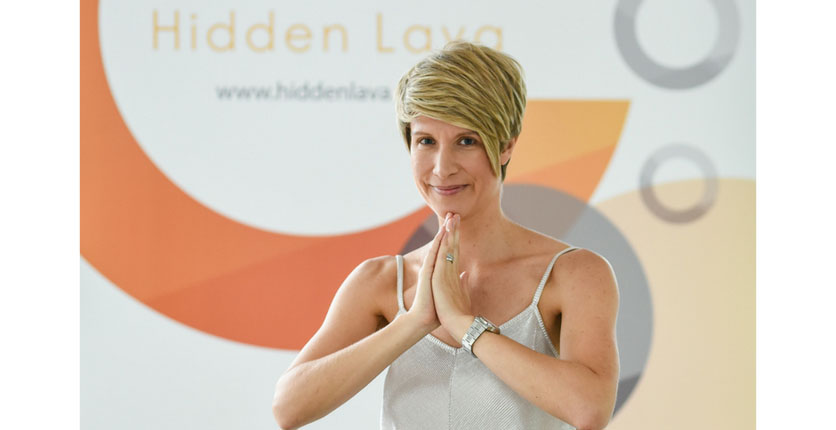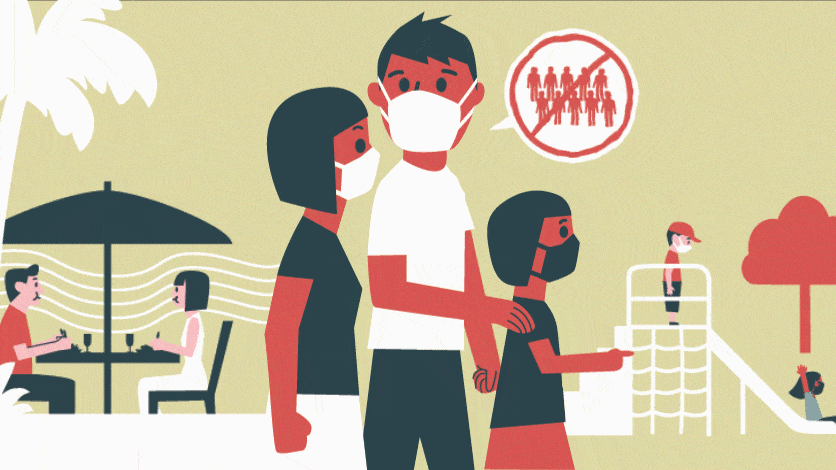Life is generally out of your control. You can’t control the weather, the genes you were born with, or the fact that you are getting older. Happiness is vital to every aspect of life, and in order to understand how to maintain it we need to understand the opposite: Unhappiness.

We speak to Anji Hallewell, a professional life coach who has worked with large organizations such as Mediacom, FOX, RBS and QBE Insurance, in talent development. She points out five of the main causes of unhappiness here in Singapore:
Living our life to appease others
Approval from others is a temporary feeling of happiness and inclusion. Singapore has a strong “cookie cutter” culture and people generally live their lives according to society demands. Hence, we always wear a mask, forgoing personal passions and ambitions and running out of ideas for a meaningful living.
Holding grudges
The problem with grudges is that they have any real purpose. They don’t heal us or make us feel better. At the end of the day, holding grudges can spiral into a never-ending cycle of anger and can be extremely hard to get out of. This sort of resentment can find its way into all aspects of your life.

The culture of striving
A common trait in cities with thriving economies – you must work hard. It can lead to burnout, but no one thinks of working smart. Unfortunately, this culture breeds personal insecurities and punishes imperfection, especially when society generally equates performance, status and image with usefulness.
No clear goals
Goals keep you motivated, and people set career goals, but rarely life goals. Instead of life goals, people tend to have wishes, hopes and desires instead. This is common with adults in 9-to-5 jobs that they did not want. These people have a lack of goals to achieve and thus are more likely to question life’s purpose, which leads to unhappiness.

Taking life too seriously
People lose out on the fun when they set the bar too high for very little tangible returns. They easily get worried over problems that are out of their control, plus they put a lot of effort into being involved and studying the smallest issues. Focusing too much on what is wrong can lead to the loss of sight of everything that is right.
If any of the pointers above resonates with you, you can become happier with life coaching. The idea of life coaching is new in Asia – because it carries a stigma here, especially against men whom are perceived as the stronger sex. Life coaching is about setting life goals, balancing life and putting people back on the right track. After spending years mastering the impact of behaviour on human potential, Anji discovered that self-mastery is the key to achieving natural success. Find out more about life coaching at naturalgeniusacademy.com.







